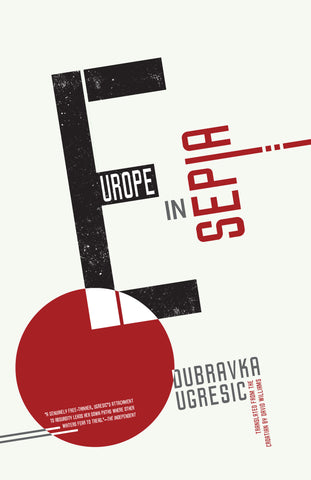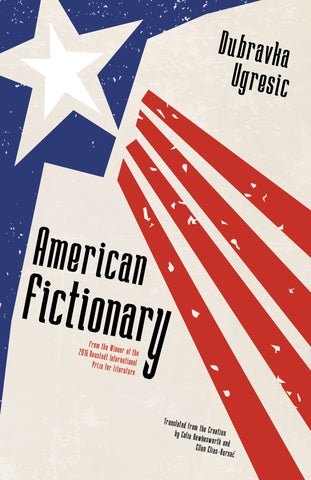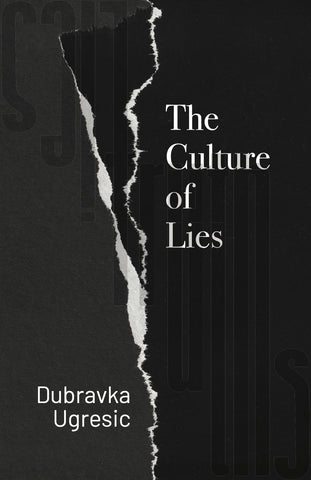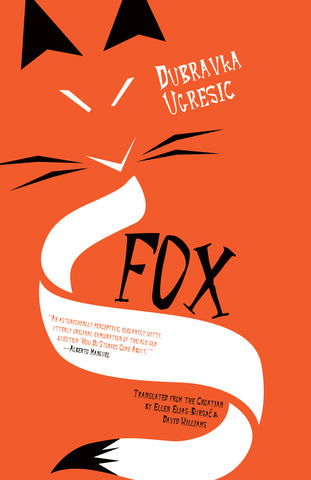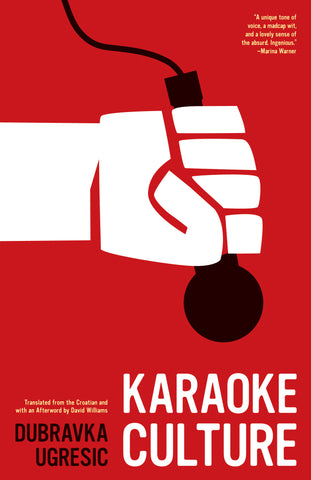Europe in Sepia
$9.99
February 18, 2014
essays | pb | 180 pgs
5.5" x 8.5"
978-1-934824-89-4
"Ugresic is sharp, funny and unafraid. . . . Orwell would approve."
—Times Literary Supplement
Hurtling between Weltschmerz and wit, drollness and diatribe, entropy and enchantment, it’s the juxtaposition at the heart of Dubravka Ugresic’s writings that saw Ruth Franklin dub her “the fantasy cultural studies professor you never had.” In Europe in Sepia, Ugresic, ever the flâneur, wanders from the Midwest to Zuccotti Park, the Irish Aran Islands to Jerusalem’s Mea Shearim, from the tristesse of Dutch housing estates to the riots of south London, charting everything from the listlessness of Central Europe to the ennui of the Low Countries. One finger on the pulse of an exhausted Europe, another in the wounds of postindustrial America, Ugresic trawls the fallout of political failure and the detritus of popular culture, mining each for revelation.
Infused with compassion and melancholic doubt, Europe in Sepia centers on the disappearance of the future, the anxiety that no new utopian visions have emerged from the ruins of communism; that ours is a time of irreducible nostalgia, our surrender to pastism complete. Punctuated by the levity of Ugresic’s raucous instinct for the absurd, despair has seldom been so beguiling. (Read an Excerpt)
Translated from the Croatian by David Williams
•
About the Author: Dubravka Ugresic is the author of several works of fiction, including The Museum of Unconditional Surrender and The Ministry of Pain, and several essay collections, Nobody's Home and Karaoke Culture. In 1991, when war broke out in the former Yugoslavia, Ugresic took a firm anti-nationalistic stand and was proclaimed a "traitor," a "public enemy," and a "witch," and was exposed to harsh and persistent media harassment. As a result, she left Croatia in 1993 and currently lives in Amsterdam. In 2016, she was awarded the Neustadt International Prize for Literature for her body of work.
About the Translator: David Williams studied Comparative Literature at the University of Auckland, specifically the post-Yugoslav writings of Dubravka Ugresic and the idea of a "literature in the Easter European ruins." He is the translator of Karaoke Culture and Miljenko Jergović's Mama Leone.
•
"Ugresic never commits a sloppy thought or a turgid sentence. Under her gaze, the tiredest topics of the "tired" continent (migration, multiculturalism, "new Europe") spring to life."
—The Independent (UK)
“Dubravka Ugresic is the philosopher of evil and exile, and the storyteller of many shattered lives the wars in the former Yugoslavia produced.”
—Charles Simic

